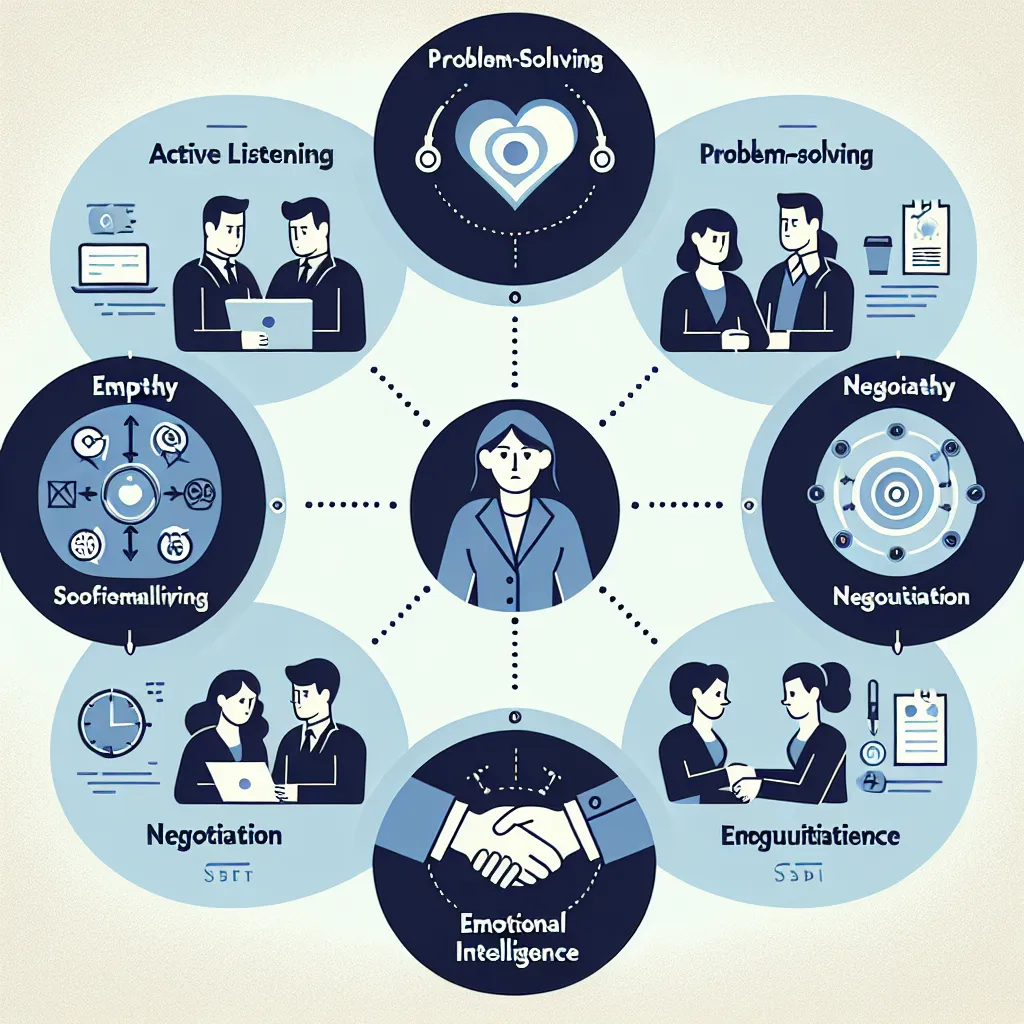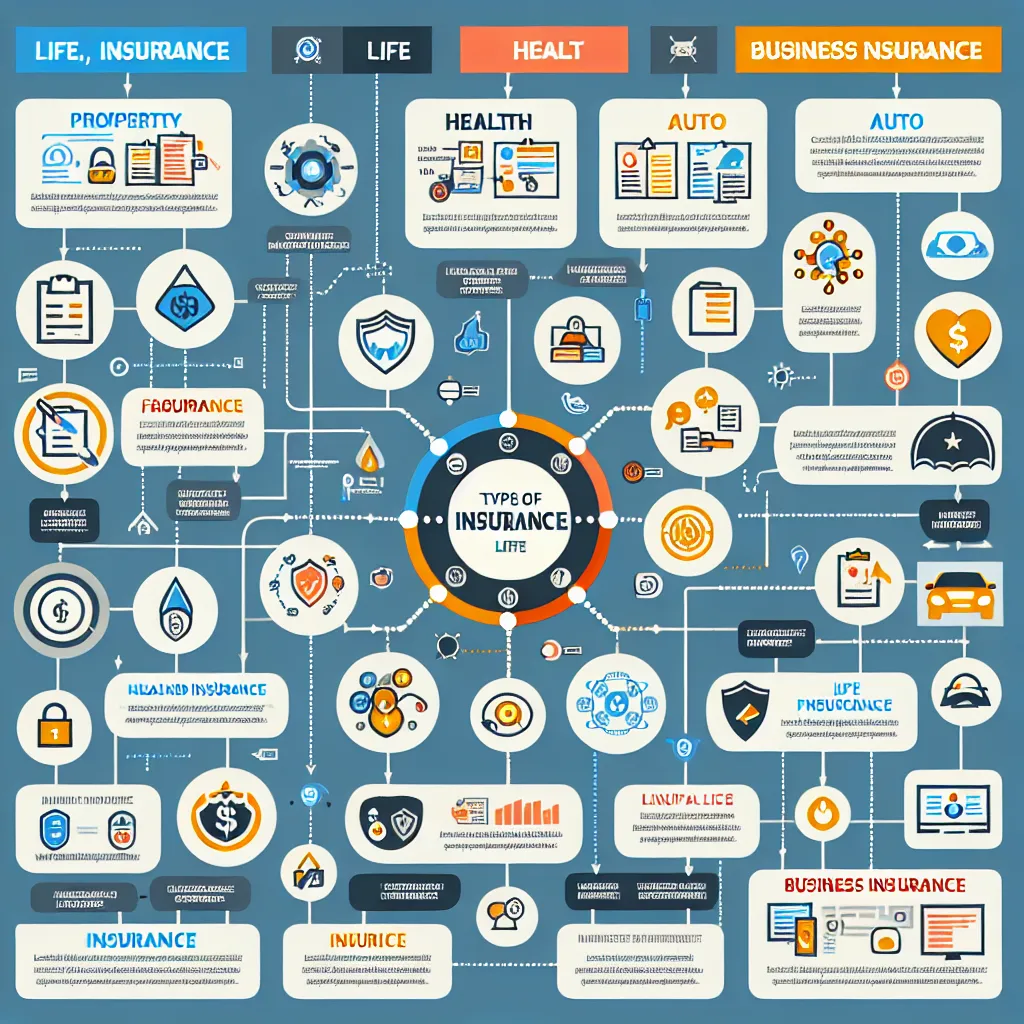Conflict management is a crucial skill in any workplace, and interviewers often ask questions to assess a candidate’s ability to handle difficult situations. This guide will help you prepare for and effectively answer questions about managing conflict during job interviews.
Understanding Conflict Management in the Workplace
Conflict management refers to the process of identifying and handling disputes in a fair, efficient, and effective way. It’s an essential skill for maintaining a harmonious work environment and ensuring productive team collaboration.
Why Employers Ask About Conflict Management
Interviewers ask about conflict management to evaluate several key aspects of a candidate:
- Communication skills
- Problem-solving abilities
- Emotional intelligence
- Leadership potential
- Adaptability and flexibility
Understanding these motivations will help you craft more compelling responses to conflict-related questions.
 Conflict Management in Workplace
Conflict Management in Workplace
Common Interview Questions About Managing Conflict
Here are some typical questions you might encounter, along with sample answers:
1. “Tell me about a time when you had to deal with a difficult coworker.”
Sample Answer: “In my previous role as a project manager, I worked with a team member who consistently missed deadlines. Instead of immediately escalating the issue, I scheduled a private meeting to understand the root cause. I discovered he was overwhelmed with his workload. Together, we reorganized his tasks and implemented a new project management tool. This approach not only resolved the immediate issue but also improved our overall team efficiency.”
2. “How do you handle disagreements with your supervisor?”
Sample Answer: “I believe in open and respectful communication. When I disagree with a supervisor, I first try to understand their perspective fully. Then, I present my viewpoint with supporting data or examples. For instance, when my manager suggested a marketing strategy I thought wouldn’t work for our target audience, I prepared a brief presentation with market research and past campaign results to support my alternative approach. This led to a productive discussion and a revised strategy that incorporated both our ideas.”
3. “Describe a situation where you had to mediate a conflict between team members.”
Sample Answer: “In my role as a team leader, I once faced a situation where two team members had conflicting ideas about a project’s direction. I organized a meeting where each person could present their ideas without interruption. Then, I facilitated a discussion to identify common ground and potential compromises. We ultimately created a hybrid solution that incorporated the strengths of both approaches. This experience taught me the importance of active listening and finding win-win solutions in conflict resolution.”
Strategies for Answering Conflict Management Questions
When answering questions about managing conflict, keep these strategies in mind:
- Use the STAR method (Situation, Task, Action, Result)
- Emphasize your communication skills
- Highlight your problem-solving abilities
- Show empathy and emotional intelligence
- Focus on positive outcomes
Tips for Handling Unexpected Conflict Scenarios
Sometimes, interviewers may present you with hypothetical conflict scenarios. Here’s how to approach them:
- Take a moment to think before responding
- Ask clarifying questions if needed
- Structure your response logically
- Emphasize your decision-making process
- Explain how you would follow up after resolving the conflict
 Conflict Resolution Skills
Conflict Resolution Skills
Common Mistakes to Avoid When Answering Conflict Questions
Be aware of these pitfalls when discussing conflict management:
- Avoiding conflict entirely
- Portraying yourself as always right
- Speaking negatively about others
- Providing vague or generic answers
- Failing to show personal growth from conflicts
Follow-up Questions and How to Answer Them
Interviewers often ask follow-up questions to delve deeper into your conflict management skills. Here are some examples with suggested responses:
-
“How do you prevent conflicts from escalating?”
Suggested Answer: “I believe in addressing issues early. I practice active listening, encourage open dialogue, and try to find common ground before disagreements grow.” -
“What’s your approach to conflicts caused by miscommunication?”
Suggested Answer: “I focus on clarifying information, asking questions, and ensuring everyone has a shared understanding before moving forward.” -
“How do you handle conflicts when working remotely?”
Suggested Answer: “I schedule video calls for important discussions, use collaborative tools for clear communication, and make an extra effort to check in regularly with team members.” -
“Can you describe a conflict you failed to resolve successfully?”
Suggested Answer: “In my early career, I struggled with a conflict where I didn’t fully understand both parties’ perspectives. This taught me the importance of active listening and empathy in conflict resolution.” -
“How do you manage conflicts involving cultural differences?”
Suggested Answer: “I educate myself about different cultural norms, practice cultural sensitivity, and focus on finding common goals despite diverse perspectives.”
Conclusion
Mastering the art of answering questions about managing conflict can significantly boost your chances of success in job interviews. Remember to use specific examples, focus on positive outcomes, and demonstrate your ability to learn and grow from challenging situations. By preparing thoughtful responses to common conflict-related questions, you’ll showcase your valuable interpersonal skills and problem-solving abilities to potential employers.
For more interview preparation tips, check out our articles on how to answer questions about customer satisfaction and how to answer leadership questions.




